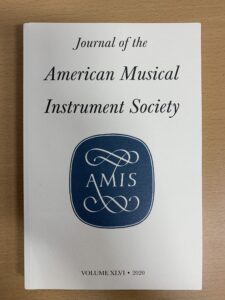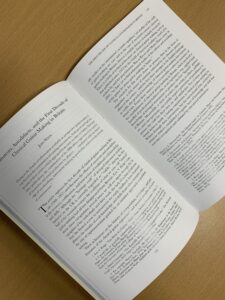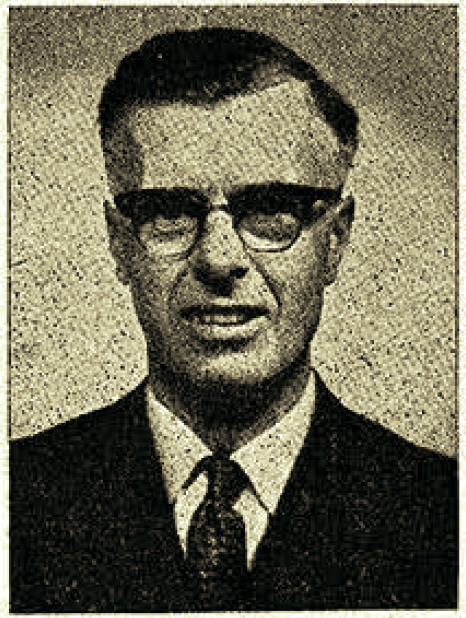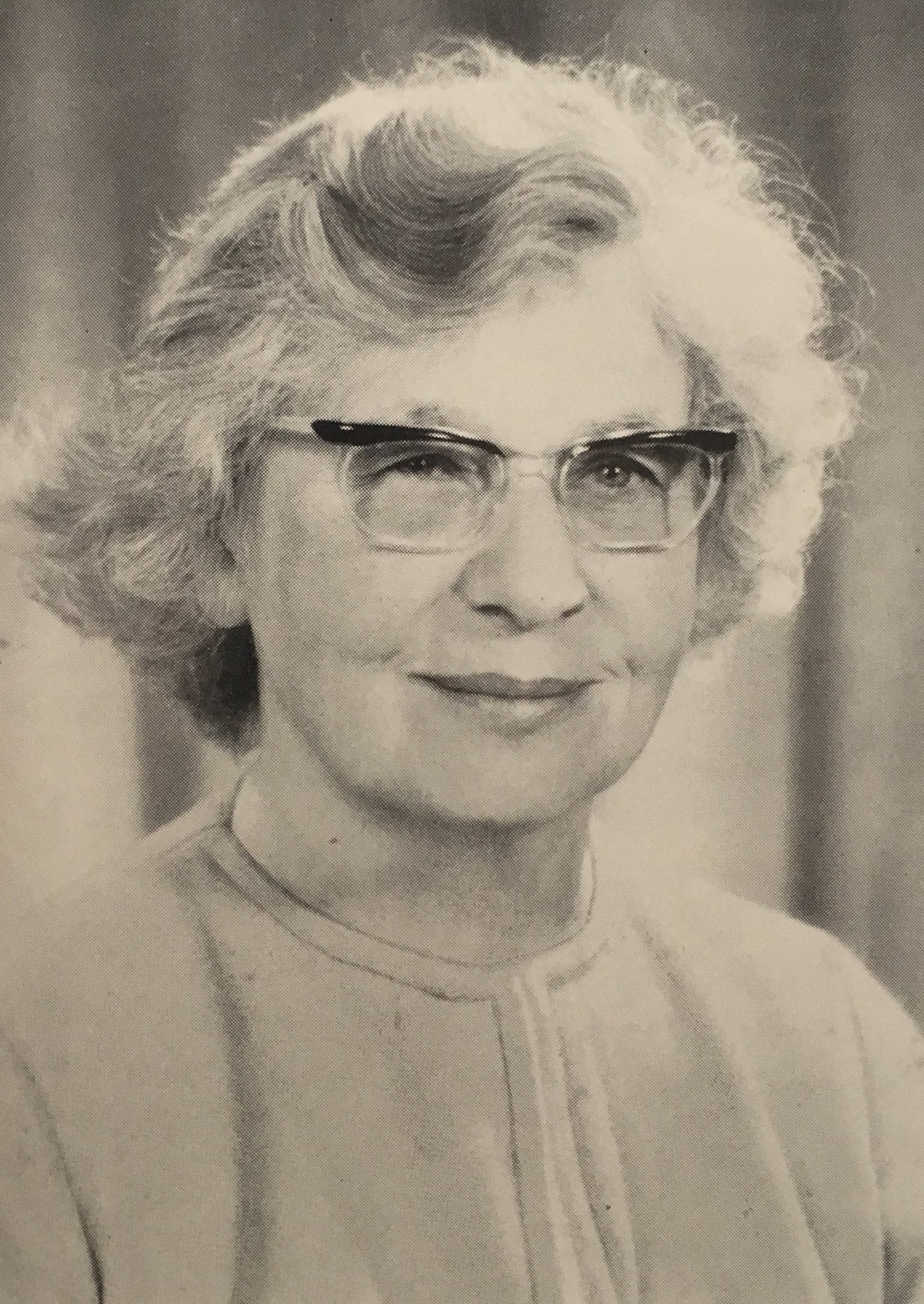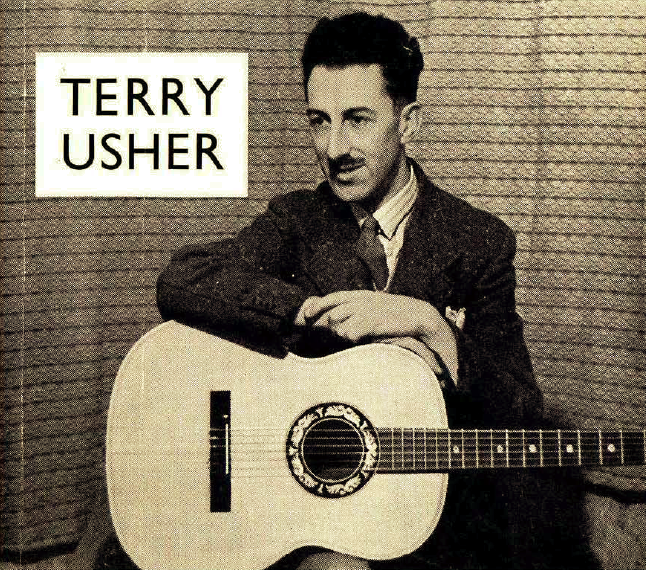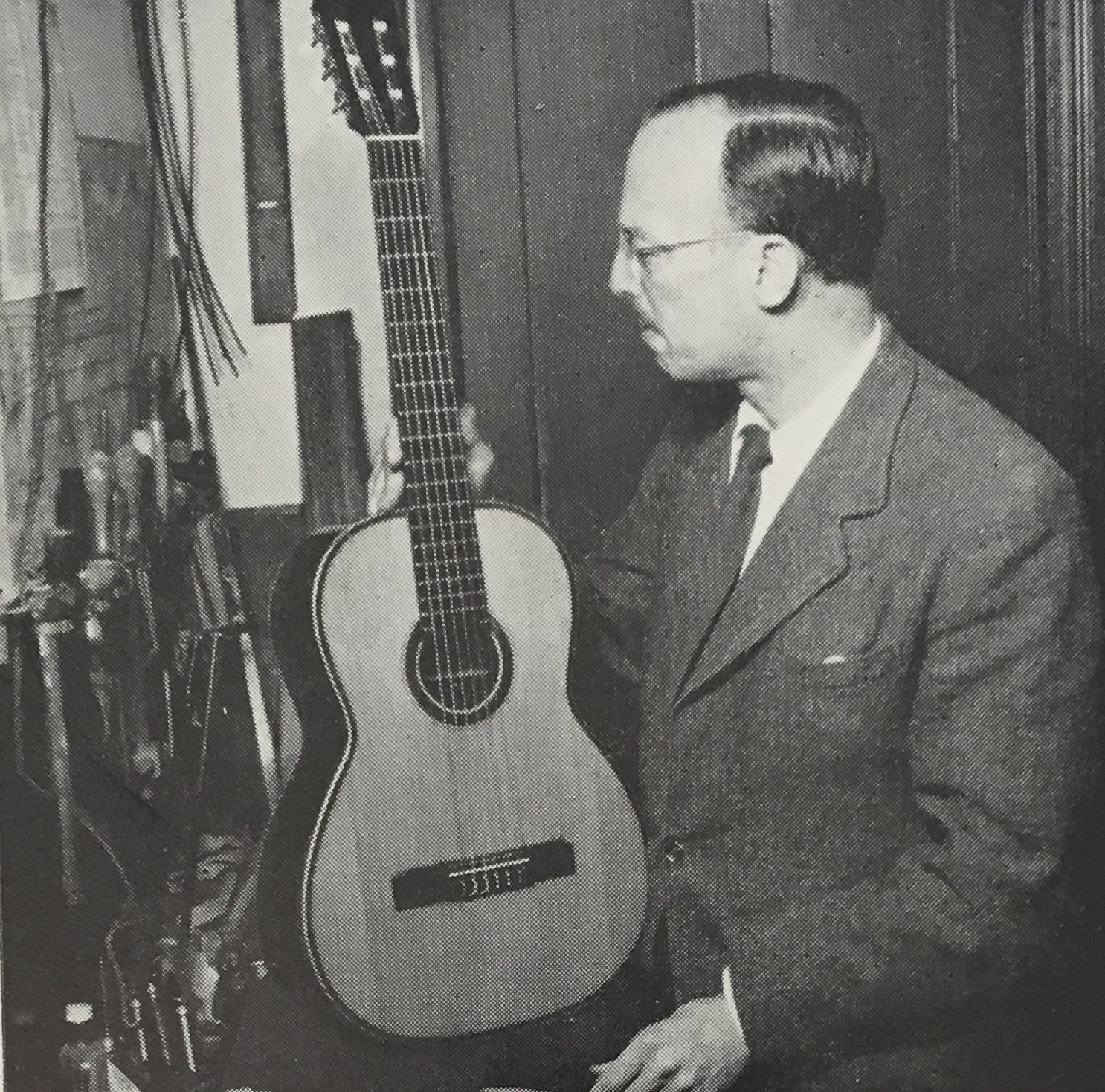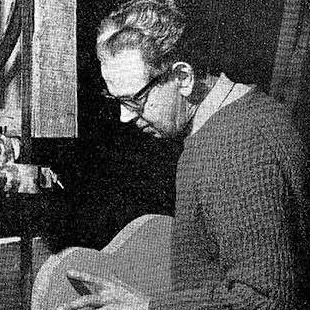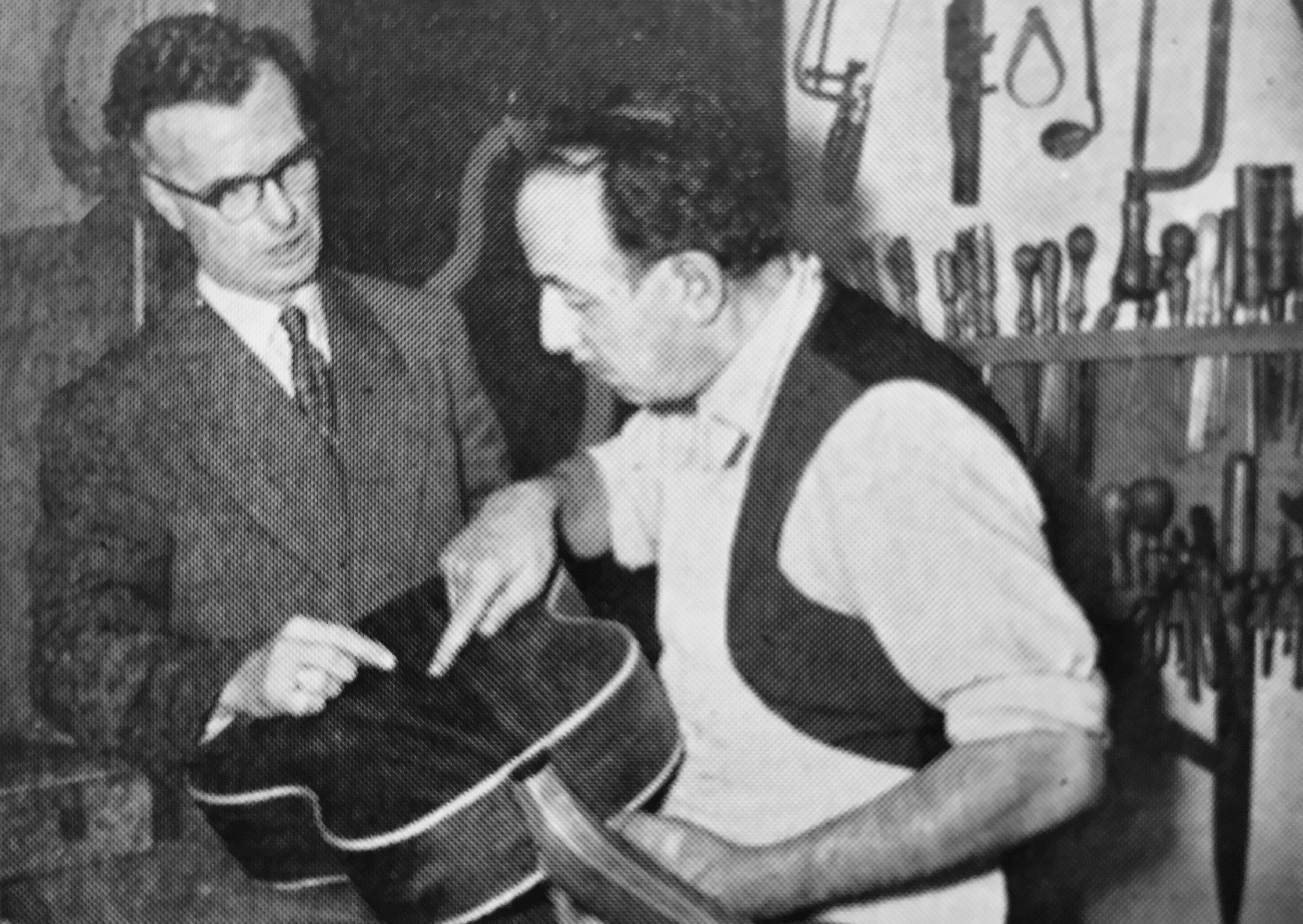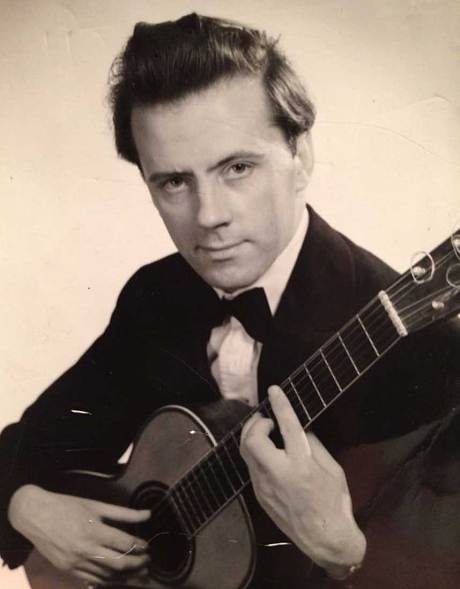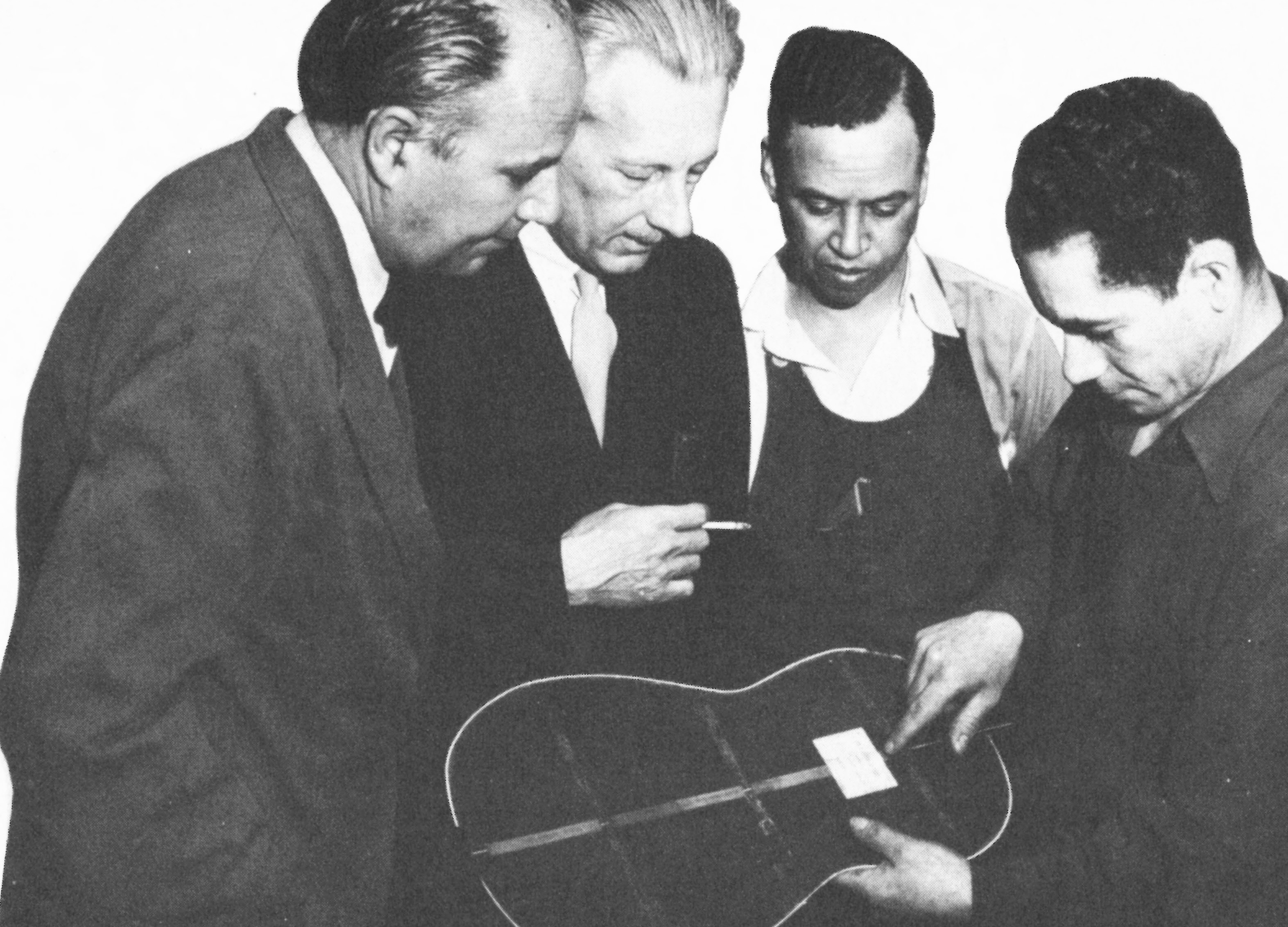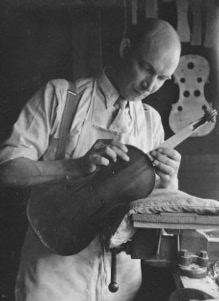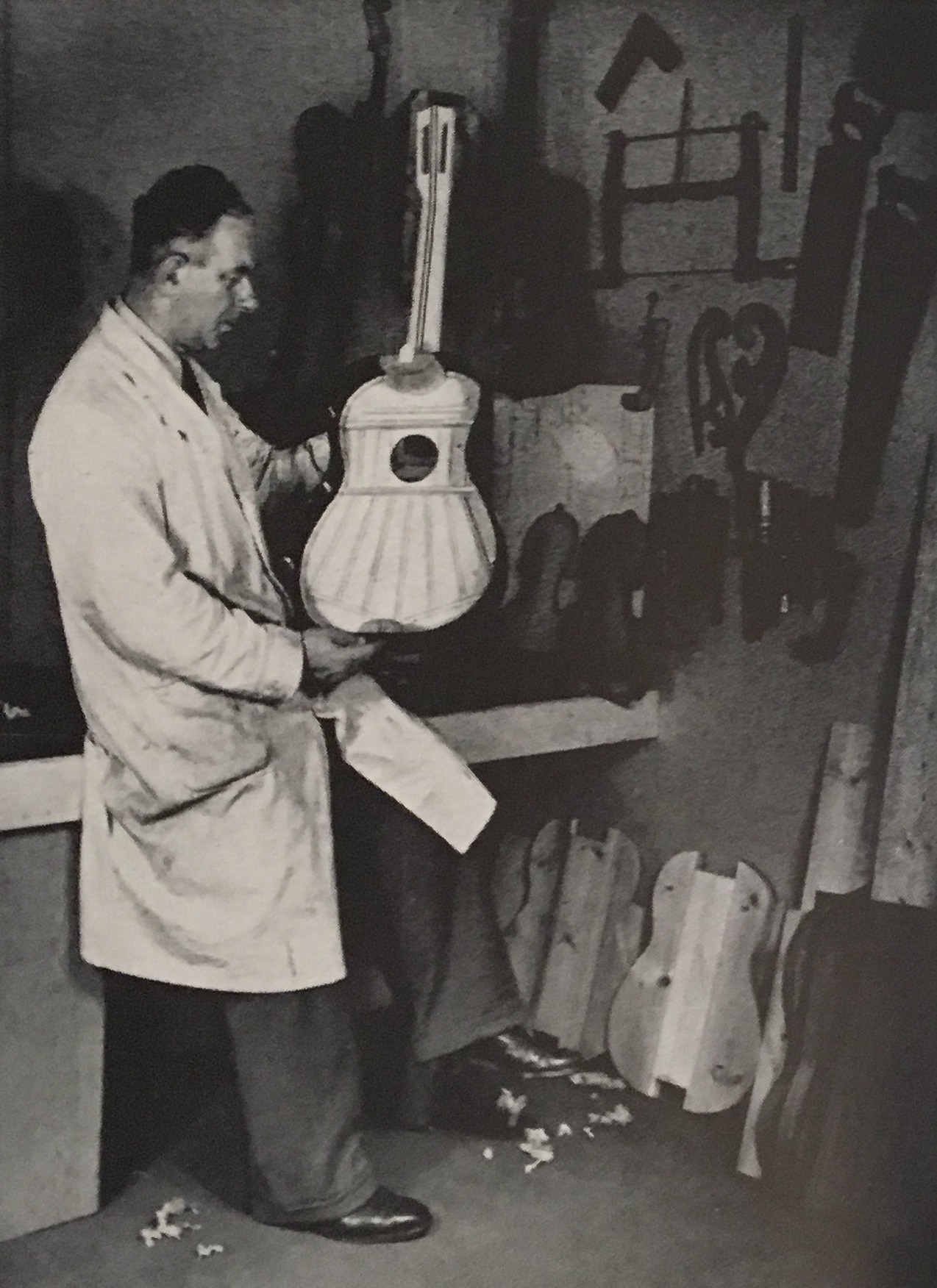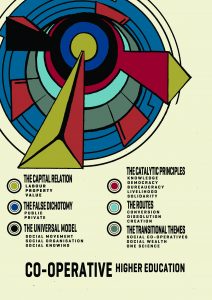Mike Neary and I have a short article published in the ‘Points for Debate’ section of the Higher Education Research and Development journal. We were invited to write it following our contributions at the Academic Identities conference in Durham, 2014. The full article is reprinted below.
POINTS FOR DEBATE
Against academic identity
‘Academic identity’ is a key issue for debates about the professionalisation of university teaching and research, as well as the meaning and purpose of higher education. However, the concept of ‘academic identity’ is not adequate to the critical task for which it is utilised as it fails to deal with the real nature of work in capitalist society. It is important to move on from the mystifying and reified politics of identity and seek to understand academic life so that its alienated forms can be transformed. This can be done by grasping the essential aspects of capitalist work in both its abstract and concrete forms, as well as the historical and social processes out of which academic labour has emerged.
The interest among the academic community in academic identity reflects a broader concern with the nature of academic work. This has been a preoccupation of researchers of higher education who have examined the changing nature of the profession (Tight 2000; Fitzgerald, White & Gunter, 2012), the impact of policy and bureaucracy on academic work (Slaughter & Leslie, 1999), and the politics of the workplace (Martin, 1998). Recently, the emphasis has been on identity and what it subjectively means to be an academic (Barcan, 2013) responding to a decline in the conditions of academic labour across the world and the increasingly instrumentalised role of higher education in national economies (Brown & Carasso, 2013). Yet, despite repeated calls for increased unionisation (Krause et. al., 2008), individual autonomy is decreasing (Hall, 2013), contractual conditions are worsening (UCU, 2013), individual mental health issues are rising (Kinman & Wray, 2013) and academic work is being intensified (Gill, 2009).
This research into academic work and identity has helped illuminate the crisis at the heart of academic life, yet it does not get beyond a sense of powerlessness and anxiety. For example, Ball (2003) offers a perceptive and emotive account of life in the neoliberal university yet stops short at offering an adequate theory of academic work and identity. Ultimately, Ball’s account lacks explanatory and emancipatory power while the forces that shape academic life remain a mystery (Winn, 2014). This limitation is not unique to sociologists of education. In general, the last few decades of critical thinking in the social sciences have privileged questions of identity (race, ethnicity, sexuality, gender) to the neglect of what we regard as more fundamental categories of critique, including that of labour and, as such, represent “an expression of a deep and fundamental helplessness, conceptually as well as politically” (Postone, 2006, p. 102).
An adequate, explanatory theory of academic life in the neoliberal university must begin from Marx’s negative critique of labour in capitalist societies. The focus on the principle of negativity is key to this analysis (Noys, 2010), operating against the notion of difference and the affirmation of a multiplicity of identities. The positive attitude towards the concept of the Other which emerges from the celebration of difference is a hallmark of contemporary critical social theory, e.g., feminism, black studies, ethnicity, Queer and various other types of post-structural subjectivities. The key issue should be not a celebration of how different we are but, rather, what forces us to be different: classified within a pre-determined paradigm of capitalist domination. Holloway, Matamoros & Tischler (2009) argue that identity thinking leads to the politics of reconciliation and adaptation (which falls to escape its liberal formulations), while negativity leads to the politics of refusal to be dominated, or “the movement of endless revolt” (2009, p. 7) or class struggle. Not identity, but non-identity.
The basis for a negative critique of identity was established by Marx in his exposition of the commodity-form. Labour in capitalism is defined by having a simultaneously concrete and homogenous, abstract social form, which is expressed as its product, the commodity, which has a corresponding concrete use-value and abstract exchange-value. Marx regarded this historically specific relationship between the form of labour and the form of commodities as “the pivot on which a clear comprehension of political economy turns.” (Marx, 1996, p. 51). Starting from this discovery, which is fundamental to an understanding of capitalism in general, academic labour has both a concrete and abstract character reflected in the concept of ‘value’ that mediates the exchange of commodities and the social division of capitalist work.
This theoretical approach does not seek to provide a critique of academic life from the standpoint of labour but, rather, through a negative critique of labour (Postone, 1993). Taking this approach, both academic identity and academic labour are treated as reified concepts, or “real abstractions” (Sohn-Rethel, 1978, p. 20) to be overcome, transcended and indeed ‘abolished’ (aufhebung), theoretically and practically.
There is a need to theorise, imagine and develop new forms of social institutions for higher education based not on the production and mediation of value (the substance of which is homogenous, abstract labour) but on a new form of social wealth defined by an abundance or excess of knowledge, rather than its imposed scarcity in the form of value (Neary & Hagyard, 2010).
To assist this practical, transitional work, inspiration can be drawn from the worldwide tradition of worker co-operatives – an historic organisational form that has always sought to overcome the imposition of wage labour and establish a form of social property or a ‘commons’ that is democratically governed. We have been working with other academics, students, and members of our local community on such a project for co-operative higher education since 2010 (http://socialsciencecentre.org.uk). We are continually encouraged by the responses we receive from colleagues who are struggling to perceive academic life beyond the neoliberal university. As we conceive it, a ‘co-operative university’ is not simply a form of resistance against what the university has become but, rather, it is a dialectical response which recognises that the conditions for a new social form of higher education are already being produced both inside and outside the university by the only productive and creative intellectual force that exists in society, described by Marx as the “general intellect” or the “social brain” (Marx, 1993, p. 694). In capitalist society, the power of this social intellect is captured as science and technology and turned against its immediate producers (Winn, 2013); in communist society, this process would be re-constituted as a form of “mass intellectuality” and be appropriated for the benefit of the social and the natural world.
References
Ball, S. (2003). The teacher’s soul and the terrors of performativity. Journal of Education Policy, 18(2), 215–228.
Barcan, R (2013). Academic life and labour in the new university: Hope and other choices. England & USA: Ashgate Publishing.
Brown, R. & Carasso, H. (2013). Everything for sale? The marketisation of UK higher education. London: Routledge.
Fitzgerald, T., White, J. & Gunter, H. (2012). Hard labour? Academic work and the changing landscape of higher education. Bingley: Emerald Books.
Gill, R. (2009). Breaking the silence: The hidden injuries of neo-liberal academia. In R. Flood & R. Gill, R. (Eds.), Secrecy and silence in the research process: Feminist reflections (pp. 228-244), London: Routledge.
Hall, R. (2013). Educational technology and the enclosure of academic labour inside public higher education. Journal for Critical Education Policy Studies, 11(3), 52–82.
Holloway, J., Matamoros, F. & Tischler, S. (Eds.) (2009). Negativity and revolution: Adorno and political activism. London: Pluto Press.
Kinman, G. & Wray, S. (2013). Higher stress: A survey of stress and well-being among staff in higher education. University and College Union (UCU). Retrieved 1st December 2014 from http://www.ucu.org.uk/media/pdf/4/5/HE_stress_report_July_2013.pdf
Krause, M., Nolan, M., Palm, M. & Ross, A. (2008). The university against itself: The NYU strike and the future of the academic workplace. Philadelphia: Temple University Press.
Martin, R. (1998). Chalk lines: The politics of work in the managed university. Durham: Duke University Press.
Marx, K. (1996). Capital, Volume 1, Marx and Engels’ collected works, Vol. 35. London: Lawrence and Wishart Ltd.
Neary, M. & Hagyard, A. (2010). Pedagogy of excess: An alternative political economy of student life. In M. Molesworth, R. Scullion & and E. Nixon (Eds.), The marketisation of higher education and the student as consumer. London: Routledge.
Noys, B. (2010). The persistence of the negative: A critique of contemporary continental theory. Edinburgh: Edinburgh University Press.
Postone, M. (1993). Time, labour and social domination. Cambridge: Cambridge University Press.
Postone, M. (2006). History and helplessness: Mass mobilization and contemporary forms of anticapitalism. Public Culture, 18(1), 93–110.
Slaughter, S. & Leslie, L. (1999). Academic capitalism: Politics, policies and the entrepreneurial university. Baltimore: John Hopkins University Press.
Sohn-Rethel, A. (1978). Intellectual and manual labour. New Jersey: Humanities Press.
Tight, M. (2000). Academic work and life: What it is to be an academic, and how this is changing. London: Elsevier.
University and College Union (UCU) (2013). Over half of universities and colleges use lecturers on zero hours contracts. News 5th September. Retrieved on 1st December 2014 from http://www.ucu.org.uk/6749
Winn, J. (2013). Hacking in the university: Contesting the valorisation of academic labour. Triple C: Communication, capitalism and critique, 11(2), 486–503.
Winn, J. (2014). Writing about academic labor. Workplace: A Journal for Academic Labor, 25, 1–15.
